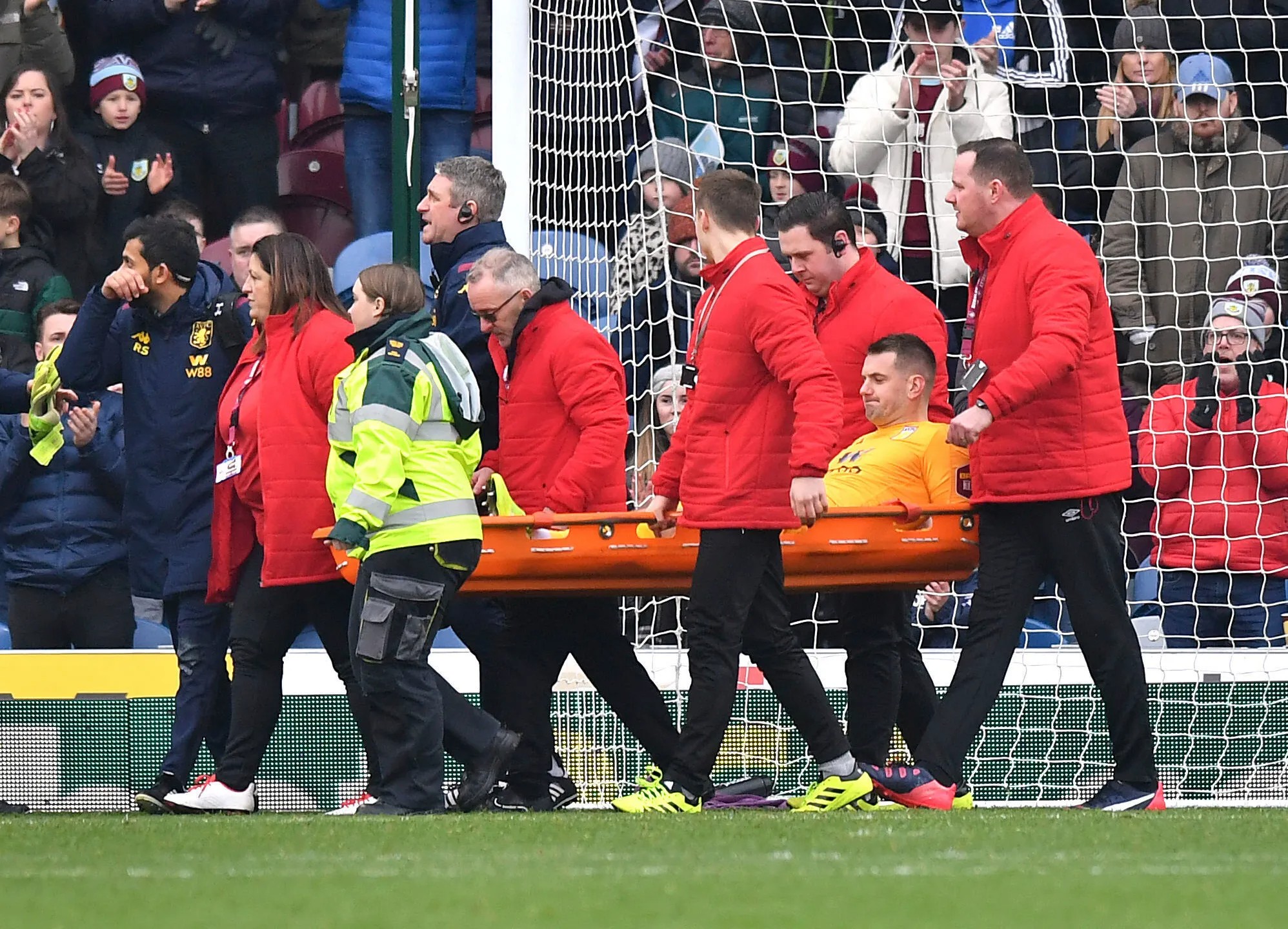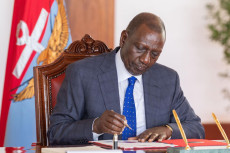The English Premier League (EPL) stands as one of the most competitive football leagues in the world, but it is not without its challenges. In a league where every point is precious, injuries act as silent assassins, capable of derailing a team's season. Managers face desperate struggles when key players are sidelined, while fans are left frustrated as the perfect players for their beloved tactics become unavailable.
When a star player like Erling Haaland or Harry Kane suddenly finds themselves off the pitch, the impact ripples through the entire team. These exceptional athletes do more than just score goals; they create opportunities, instill confidence in their teammates, and instigate fear in opposing defenders. Their absence poses significant challenges for managers, forcing them to rethink strategies and adapt on the fly.
Take Liverpool, for instance. When they lose a crucial player like Virgil van Dijk to injury, their defense becomes fragile. Midfielders may drop deeper to compensate, stifling the team's attacking prowess. In such scenarios, the team doesn't just lose a player; it loses its rhythm, impacting performance across the board.
While top teams like Manchester City often appear immune to injuries due to their immense squad depth, smaller clubs like Luton Town or Sheffield United cannot afford such luxuries. For these teams, the loss of a single key player can be catastrophic, as their rosters lack the quality in depth to maintain consistent performance. The threat of relegation looms large when injuries strike.
Injuries also carry psychological weight. Players witnessing a teammate being stretchered off may experience a loss of morale, leading to diminished performance. The uncertainty surrounding a player’s recovery time can foster anxiety within the squad. Managers face a delicate balancing act: pushing their team to perform while preventing further injuries. Players stepping in may feel pressured to exceed their capabilities, risking mistakes or injuries of their own.
Interestingly, injuries can sometimes foster innovation in football. Leicester City’s famous title-winning season exemplified this, as they adapted to missing key players by tightening their defensive shape and excelling in counter-attacking play. Similarly, Arsenal, under Mikel Arteta, has developed tactical flexibility, employing various systems to cope with sudden absences.
Modern football clubs invest heavily in sports science and physiotherapy, deploying teams of specialists to reduce injuries and accelerate recovery. Yet, the EPL's demanding schedule—with domestic cups, European competitions, and international breaks—leaves little time for rest, making injuries almost inevitable.
For fans, injuries add another layer of drama to the narrative. Social media buzzes with discussions about how injuries will impact title races, top-four finishes, and relegation battles. Every update from a club's medical team becomes headline news, fueling speculation that shapes how fans perceive their team’s chances.










